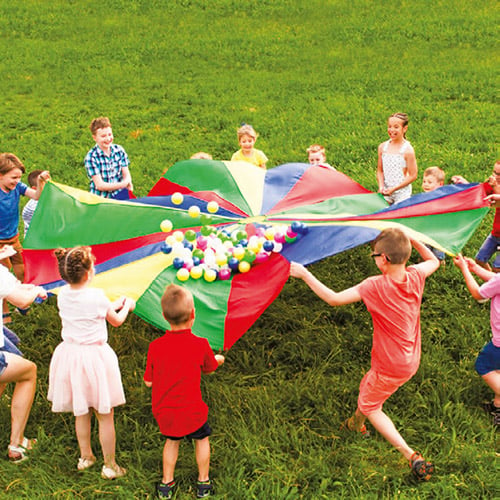


(Courtesy of The Therapy Place)
Question: How can OT and speech therapy help a child increase their abilities in social settings?
Leah Gross, OTR/L:
An occupational therapist works with kids to help them succeed in their general environment, including their social surroundings. A sensory child, for example, can be very dysregulated. They may have too much or not enough energy. An over-aroused child with too much energy will often be seen running and jumping and getting distracted easily. He is unable to stay focused in order to engage in social activity with a peer. Alternatively, an under-aroused child is sleepy and unaware. He also won’t be able to interact with his environment appropriately. This child has no initiation skills or desire to involve himself in interaction with others.
Being regulated from a sensory perspective is crucial. As children grow up, if they aren’t meeting the same milestones as their peers, they feel inferior and won’t be interested in social activities. A child having a hard time coloring or cutting while his peer next to him is having an easy time is going to begin having a feeling of poor self-worth. Many times the child will react with negative behaviors. This child may begin to turn away from peers their own age and seek interaction with kids below their age so they can feel a sense of superiority. These children act out behaviorally and start hurting their peers because they don’t know how to deal with the frustration they’re experiencing. This can include biting, kicking. Their negative behaviors ultimately hurt their social abilities all the more because other peers don’t want to play with them.
Occupational therapy helps build a child up and gets them to the appropriate developmental level. This impacts their social abilities and overall self-regulation.
Alana Obuhovs, MS, CC-SLP:
Speech therapy has many targets, one of which is pragmatic language skills. Essentially, this is a fancy term for social skills. Most children develop these skills naturally in order to function appropriately in social settings. When a child does not develop these skills, he/she then has difficulty engaging appropriately in social situations with both peers and adults. Such abilities may include: social referencing, establishing and maintaining joint attention, initiating, reciprocating in conversations, perspectives, the ability to ask questions, the ability to infer (the intentions of others), the ability to determine appropriateness of possible behaviors based on contexts, the ability to express themselves in a variety of ways, and more.
When these skills are not fully developed, often a child will respond to others in social settings inappropriately or not at all. A child may decide to keep to himself/herself instead of engaging with others. Speech therapy that is focused on developing these skills can help a child learn to relate properly with others in their surroundings.
Tehilla, Therapist
At The Therapy Place:
Children who struggle with deficits in areas of sensory processing disorders, core weakness and poor coordination may struggle in social participation, too. Sensory processing can manifest itself in aggression, lack of body awareness (runny nose, clumsy behaviors, touching and/or pushing other children) or avoidant behaviors, which can greatly impact peer interaction, too. Core weakness and lack of coordination generally facilitates poor social interaction as children feel that they are unable to keep up with peers in basic play activities and sports. Occupational therapy enables improved social engagement with sensory integration, core strengthening and better bilateral coordination.










